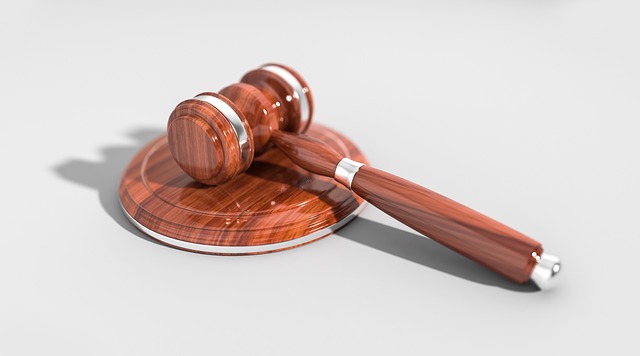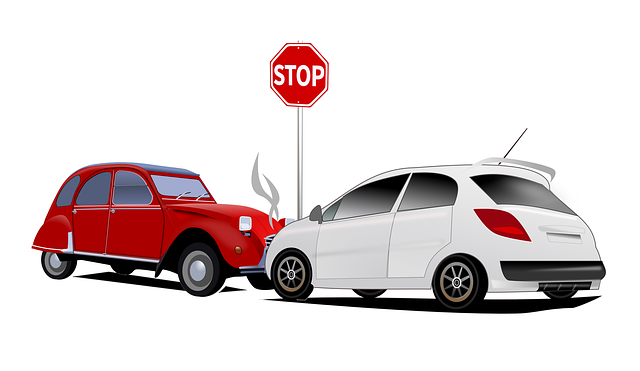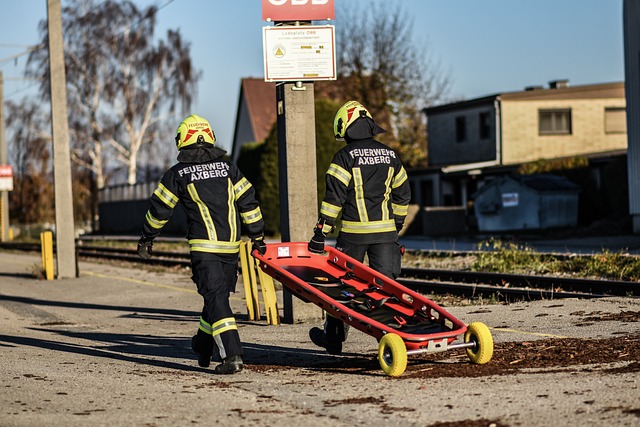A rear-end collision lawyer relies on meticulous analysis of medical records to build strong cases, understanding symptoms, diagnoses, and treatment plans to determine liability, calculate damages, and advocate for client compensation. These records are critical evidence, providing insights into injuries, timelines, and long-term impacts, enabling lawyers to craft compelling narratives for injury settlement and property damage claims.
In the aftermath of a rear-end collision, understanding how a rear-end collision lawyer handles medical records is crucial. These professionals navigate complex medical documentation to ensure every piece of evidence supports their client’s claim. From unpacking and organizing records to interpreting data for legal strategy, they play a vital role in presenting compelling cases. By skillfully utilizing medical records, rear-end collision lawyers advocate for their clients, aiming to secure fair compensation and justice.
- Unpacking Medical Records: The Rear-End Collision Lawyer's Approach
- Organising and Interpreting Data for Legal Strategy
- Presenting Evidence: Advocating for Your Case with Medical Records
Unpacking Medical Records: The Rear-End Collision Lawyer's Approach

When a rear-end collision occurs, understanding medical records becomes crucial for a rear-end collision lawyer to build a strong case. These attorneys employ a meticulous approach to unpack complex medical documentation, ensuring every detail is accurately assessed. They carefully review reports from healthcare providers, analyzing symptoms, diagnoses, and treatment plans to correlate them with the specific injuries sustained in the accident.
A car accident lawyer Orlando or truck accident lawyer, for instance, will scrutinize medical records to determine liability, calculate damages, and advocate for fair compensation. By interpreting this often-jargoned information, they can effectively communicate with clients, guiding them through the legal process while ensuring their medical needs are addressed appropriately.
Organising and Interpreting Data for Legal Strategy

In the intricate process of building a strong legal strategy for a rear-end collision case, organising and interpreting medical records play a pivotal role. These records serve as a critical source of data, detailing the extent of injuries, treatment plans, and recovery timelines. A skilled rear-end collision lawyer meticulously sifts through this information to uncover key insights that can strengthen their client’s claim. By analysing medical notes, reports, and test results, they can identify patterns, pinpoint causation, and quantify the physical and emotional suffering endured by the victim.
Moreover, these records are instrumental in contrasting the initial diagnosis with subsequent findings, which might reveal complications or prolonged recovery periods. This contrast can be a game-changer in quantifying damages, especially when considering long-term care needs or caregiver negligence. Unlike mundane paperwork, medical records hold the threads of a patient’s journey, and a car accident attorney weaves these threads into a compelling narrative that advocates for their client’s rights, ensuring justice is served.
Presenting Evidence: Advocating for Your Case with Medical Records

When a rear-end collision occurs, the evidence presented can make or break a case, and medical records play a pivotal role in this regard. A skilled rear-end collision lawyer understands that these records are not just documents but crucial pieces of evidence that can highlight the extent of injuries sustained during such accidents. By meticulously reviewing and analyzing medical reports, including diagnosis, treatment plans, and progress notes, lawyers build a compelling argument for their clients’ compensation claims.
In many property damage claims and injury settlement cases arising from car accidents, medical records serve as tangible proof of the physical and emotional trauma experienced by victims. They can demonstrate the severity and long-term effects of injuries, such as chronic pain or cognitive impairments, ensuring that clients receive fair compensation for their car accident injuries. Lawyers use this evidence to advocate for their clients’ rights, navigating complex legal procedures and ensuring justice is served.
Rear-end collision lawyers play a vital role in navigating complex medical records, which are often a key component in personal injury cases. By meticulously unpacking and interpreting this crucial data, they can develop strong legal strategies. Through effective organisation and presentation of medical evidence, these specialists advocate for their clients’ rights, ensuring just compensation for injuries sustained in rear-end collisions. Trusting your case to an experienced rear-end collision lawyer is essential for a successful outcome.





